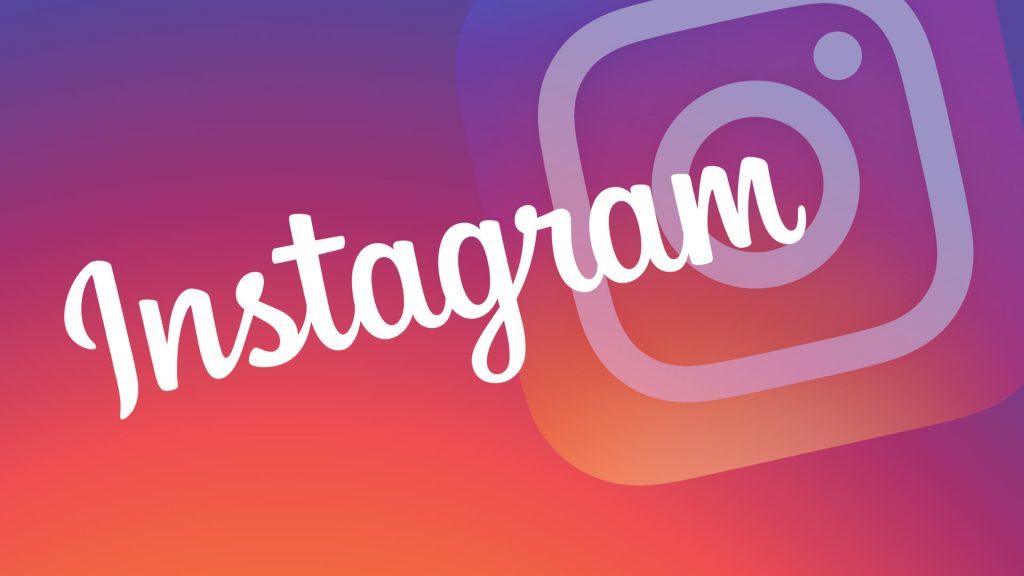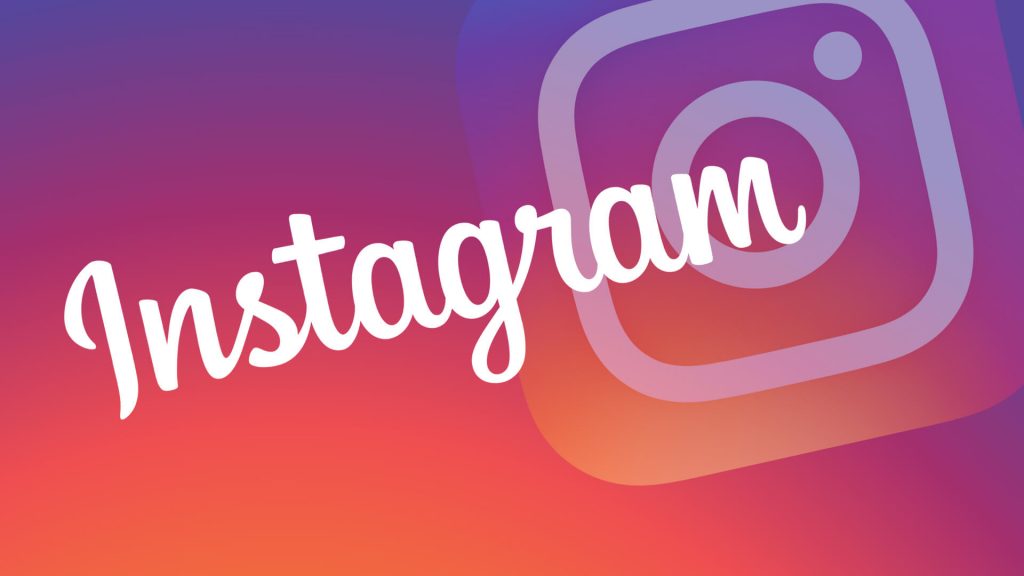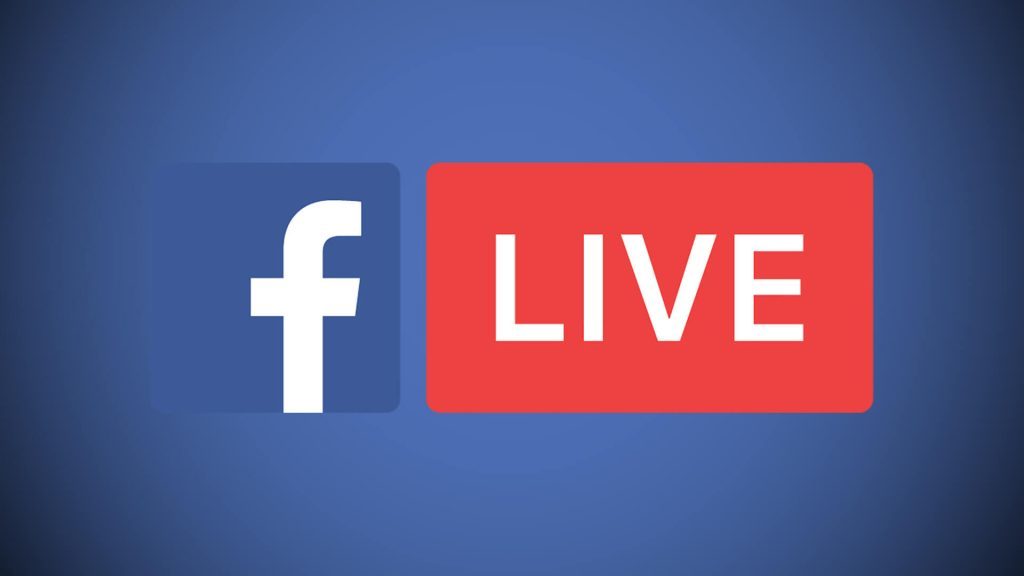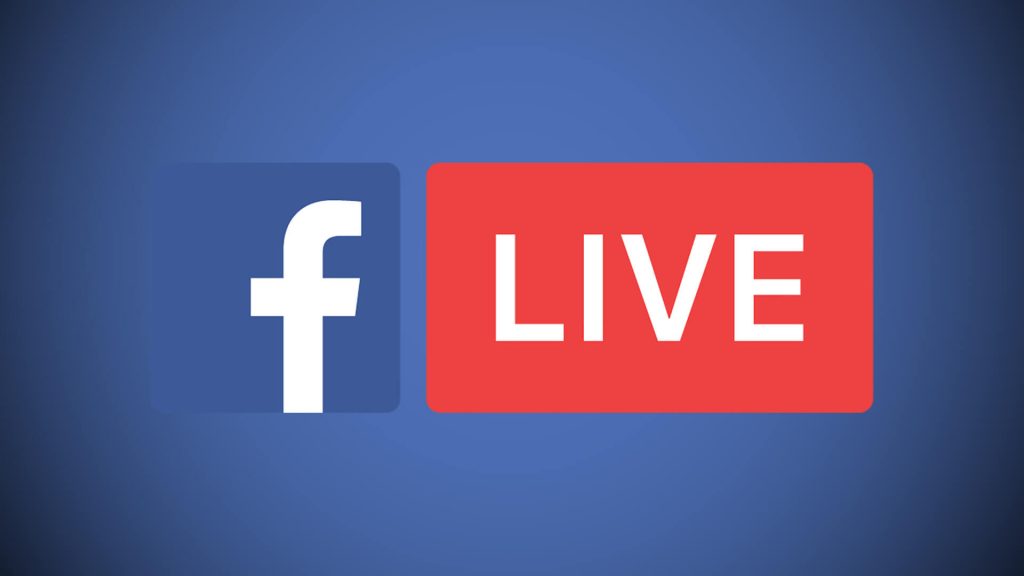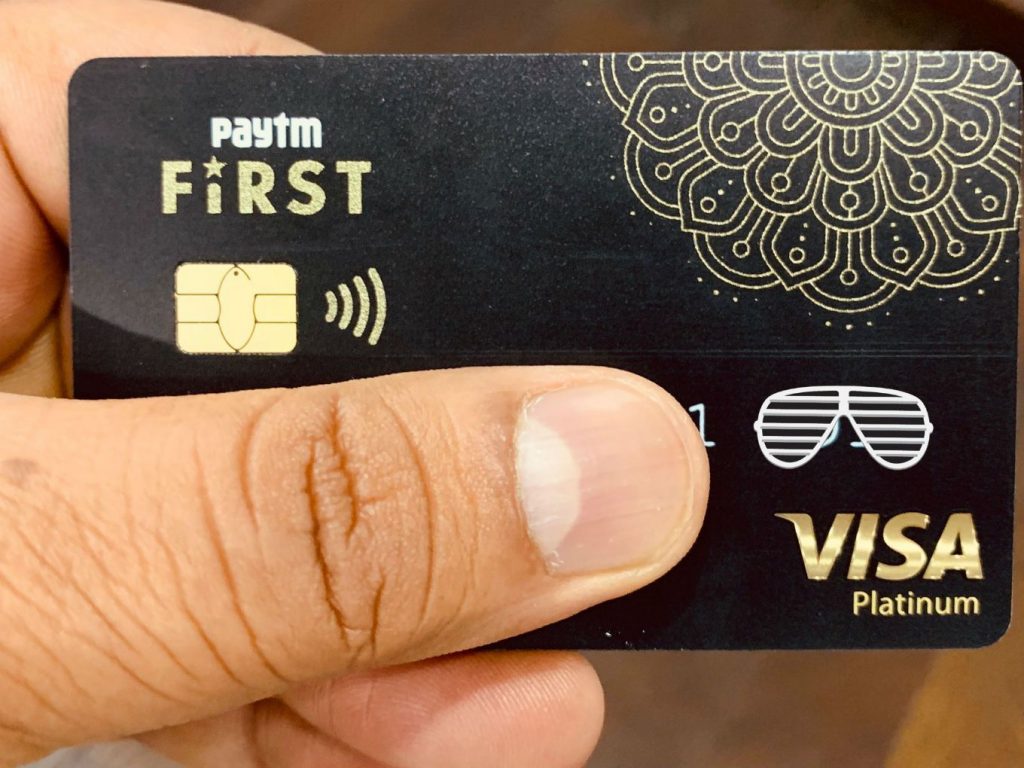Amazon Opens its OnePlus 7 Pro Sale for All Users; Offers No Cost EMI on the Purchases with Credit Card
After making a lot of buzzes, finally, OnePlus 7 Pro is available in India on the official website of OnePlus, its physical stores, the other partner stores including Chroma, as well as at Amazon. Earlier, the company had made the One Plus 7 Pro sale open for only the Amazon prime users on the Early Access Sale and the OnePlus Early Birds Sale. But now the other Amazon users can also take advantage of the sale, and buy this OnePlus ultra-premium flagship smartphone.
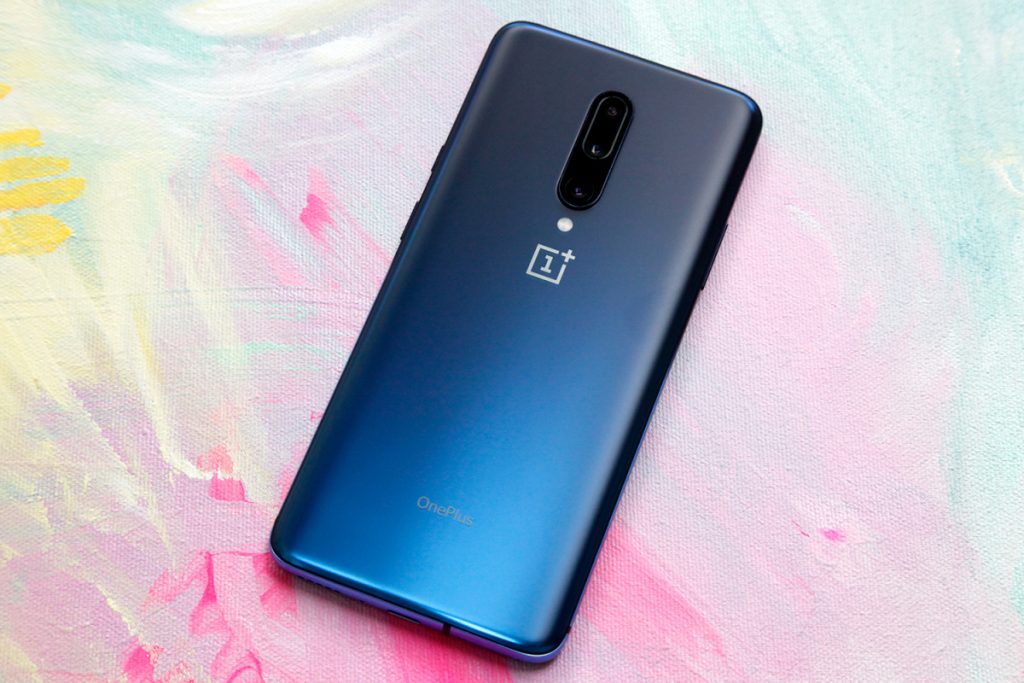
The sale of the phone started at 12 am today, and it, currently, is selling the three variants of the smartphone. The three variants of OnePlus 7 Pro includes 6GB RAM/128GB storage variant, which is available at the price range Rs 48,999, a Rs 52,999 variant, having an 8GB RAM/256GB storage as well as the 12GB RAM/256GB storage that costs the buyers a Rs 57,999. There are two other variants to this flagship smartphone, which will be launched in June this year and will cost Rs 32,999 for the base 6GB RAM/128GB option, and Rs 37,999 for the 8GB RAM/256GB version.
The smartphone was launched at an event in Bengaluru, on 15th May, along with the OnePlus Wireless Bullets V2 earphones. All the OnePlus 7 Pro variants are available in Almond, Mirror Grey, and Nebula Blue shades. But for now, the buyers will only get their hands on the smartphones in Mirror Grey colour, as the Almond shade of the phone will be rolled out after May 28 and the third one, i.e. Nebula Blue will be available in the month of June.
The OnePlus 7 Pro is packed with OxygenOS based on Android 9.0 Pie and has got the 6.67-inch Fluid AMOLED display with Quad-HD+ resolution (1440×3120 pixels). After various leaks and rumours, people were excited for its great quality triple cameras and its sleek design. The smartphone has got the motorised selfie camera, hidden inside the screen of the phone, whereas it has three cameras on the back, one of which is a 48MP Sony IMX 586 sensor with OIS, the secondary camera features a 16-megapixel sensor, which is a wide angle camera, and the third one is an 8-megapixel camera.
OnePlus 7 Pro is a bigger phone and has got new features including stereo speakers, new X-haptic vibration motor, noise cancellation support, Dolby Atmos support, native Screen Recording, and a Zen Mode, etc.
As the smartphone is available online, the company is also offering up to Rs 2000 cashback on purchase using SBI debit and credit cards. On the other hand, JIO is also providing benefits of worth Rs 9300 to the buyers, as well as people can buy the smartphone through no-cost EMI of 6 months. The buyers will also get up to 70 per cent Servify Guaranteed Exchange Price and up to 60 per cent Cashify buyback value with a special upgrade bonus for previous OnePlus smartphone owners.

Yashica is a Software Engineer turned Content Writer, who loves to write on social causes and expertise in writing technical stuff. She loves to watch movies and explore new places. She believes that you need to live once before you die. So experimenting with her life and career choices, she is trying to live her life to the fullest.

